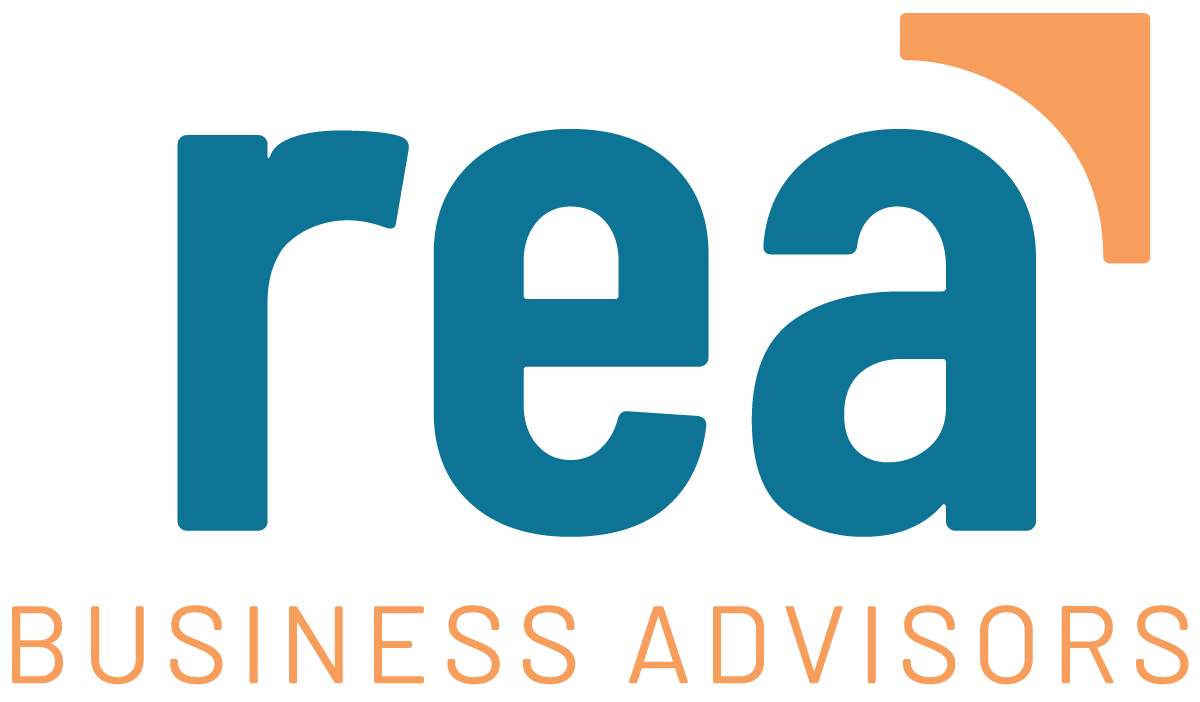
As a business owner, you’ve mastered the art of delegation. But when it comes to sales tax and employee withholding tax, a recent Ohio court ruling serves as a stark reminder: some responsibilities are hard to delegate away. This decision can affect every business owner, regardless of their involvement in day-to-day operations.
Understanding Your Risk
The Ohio Board of Tax Appeals (BTA) recently ruled that Daniel E. Biskind, sole owner of Biskind Contract Cleaning LLC, was personally liable for unpaid sales and withholding tax assessments. Despite living in New Zealand and delegating all tax-related responsibilities to his CFO, the court found that Biskind couldn’t escape personal liability. The implications are clear: if you own more than 50 percent of your business, you could be personally liable for unpaid sales and withholding taxes – even if someone else handles the company’s tax responsibilities. The state can place liens on your personal assets and accounts to satisfy these obligations of the company.
Whether you assign sales tax or withholding tax duties to employees, external accountants, or bookkeepers, the ultimate responsibility remains with the designated responsible party at the company or ownership. If your business fails to pay assessed taxes, the state can pursue the responsible party’s personal assets to satisfy the obligation.
Tax Reform 2025: Breaking Ground on Better Business
Who’s Considered Responsible?
The Ohio BTA’s ruling reiterates two key points:
- Owners or officers holding more than 50 percent ownership interest (individually or collectively) may automatically be deemed responsible parties, and
- When no single party owns 50 percent or more, employees with control over tax returns or payments are typically the responsible parties.
Evaluating Your Risk Profile
Consider this: if your business’s tax obligations are significant enough that you wouldn’t be willing to pay them from your personal finances, it’s crucial to understand and monitor these responsibilities closely. As your business grows and evolves, so do your risks. What worked even a few years ago may not be sufficient today.
Regular assessment of responsible party status becomes increasingly important as your business grows and evolves. Consider these factors:
- Changes in ownership structure
- Evolution of roles and responsibilities, internal and outsourced
- Significance of tax obligations relative to personal financial capacity
- Current sales tax and withholding tax requirements
- Regularity with which you verify taxability of your products, services, and customers
- Tracking systems for tax invoicing, filings and payments
Don’t wait for a tax assessment to review your business’s tax management practices. Understanding your current position and potential risks is crucial for protecting both your business and personal assets. This includes evaluating your current responsible party status, reviewing tax compliance procedures, and creating risk mitigation strategies that align with your business growth.
Navigating Change
At Rea, we focus on helping you build your business while maintaining an accurate picture of risk in the evolving landscape of state taxation. While this ruling specifically addresses Ohio law, many states maintain similar provisions regarding personal liability for trust fund taxes.
For the latest updates on state and local tax obligations, subscribe to our newsletter.


